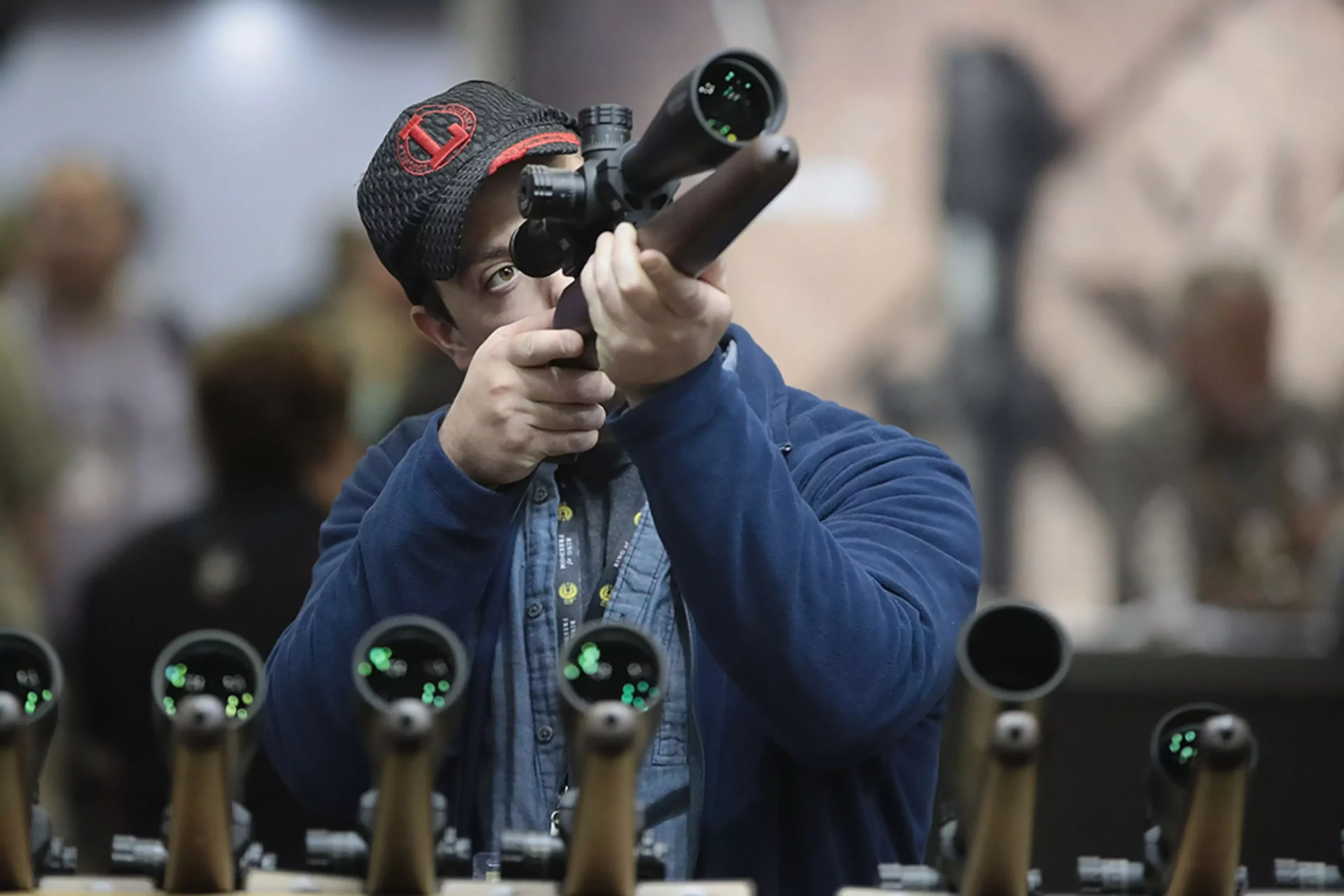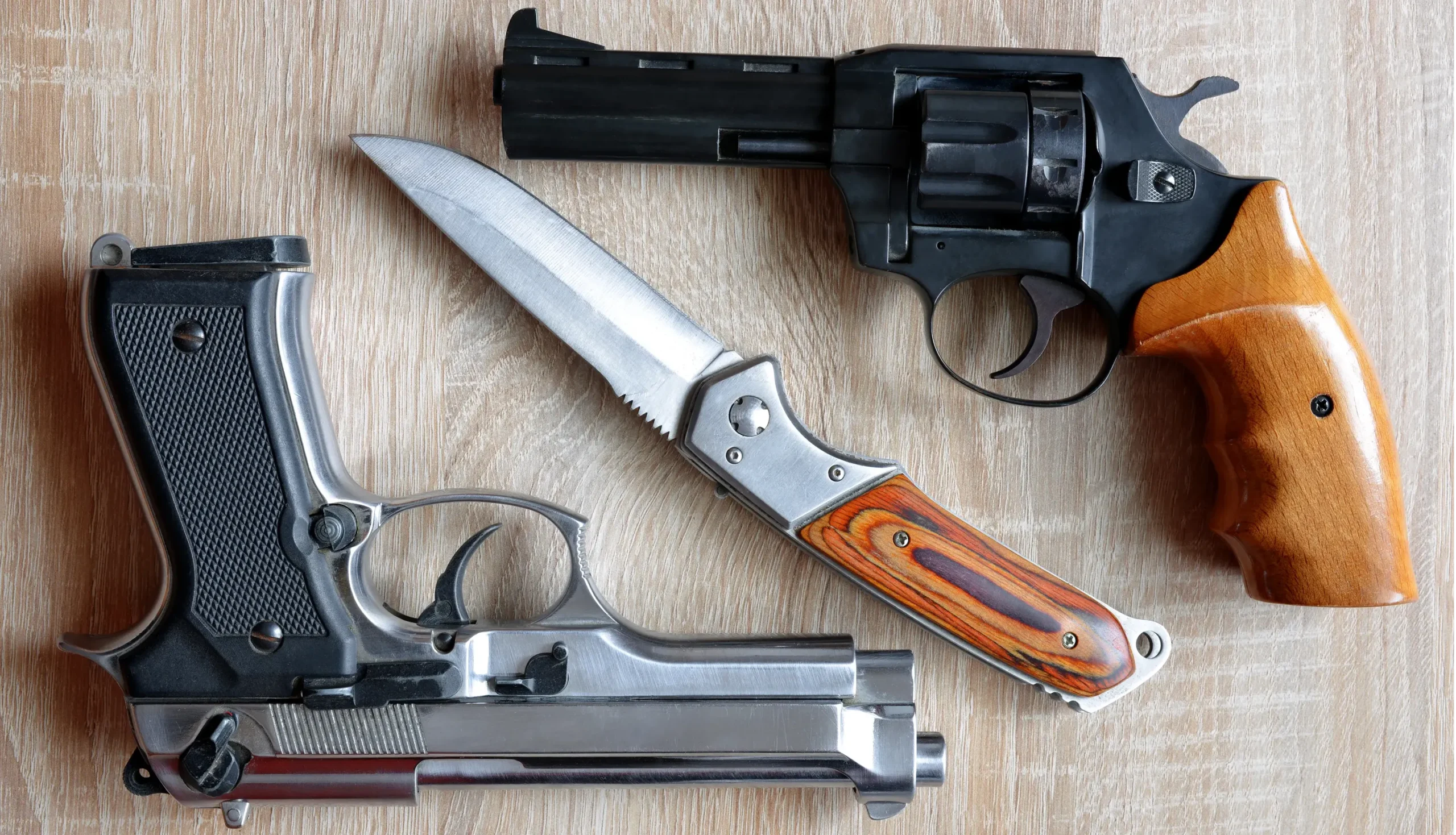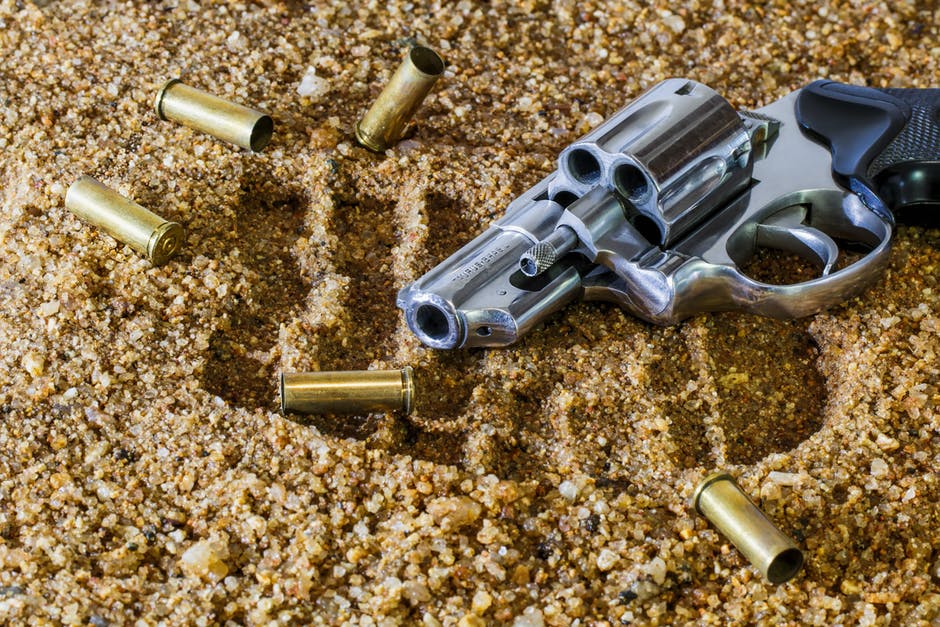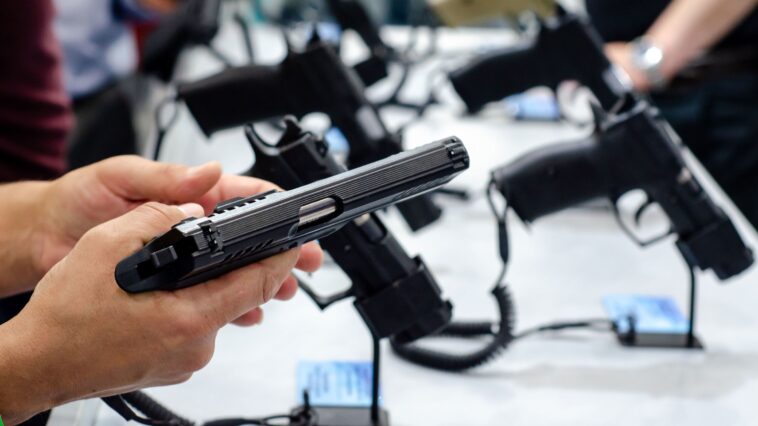Gun ownership in Australia is quite distinct from many other countries. Strict laws and practices regulate it. Owning a gun isn’t a right but a privilege. Unlike the U.S., self-defense isn’t a valid reason for ownership. Stringent rules regulate who can own a gun, where they can take it, and how they store it. Selling guns needs a license, and sellers must track all sales.
There are also regular amnesties where people can turn in guns without penalty. These tight controls make Australia’s gun laws some of the strictest globally, focusing on community safety over individual gun rights.
With that said, here are seven things you need to know:
1. Understanding The Gun Control Act
First, it’s essential to comprehend the 1996 National Firearms Agreement, also known as the Gun Control Act. The Australian government implemented stringent gun laws after a tragic mass shooting in Tasmania.
A man killed 35 people and injured 23 more at Port Arthur, a popular tourist site. The tragedy shocked Australia and the world. In response, the government decided to take decisive action to prevent such events in the future. They quickly passed the 1996 Gun Control Act, creating some of the strictest gun laws globally. The Act limits who can own guns and sets rules for storage and sale. You can’t just walk into a store and buy a gun. It’s more complex and heavily regulated. The goal was to increase public safety and reduce the risk of another similar devastating event.
2. Getting A Firearm License

Getting a firearm license in Australia isn’t easy. You must prove a genuine reason for needing a firearm. Valid reasons for gun ownership might include farming, sport shooting, or hunting. Interestingly, self-defense doesn’t qualify.
To get a gun license, you must also pass several tests. These examine your understanding of firearm safety and laws. Also, you need to show good character. It often involves a background check to ensure you have no serious criminal record. Some states also require a practical training course. The goal is to ascertain only responsible, law-abiding citizens can own guns. These steps help Australia maintain its focus on public safety in its gun laws.
You’ll also have to go through a mandatory waiting period. Typically, this is 28 days. This ‘cooling-off’ period helps ensure people don’t make impulsive decisions about buying guns. It’s another measure Australia uses to prioritize public safety in its gun laws.
3. Causing Danger With A Firearm Offense
Causing danger with a firearm offense is a serious crime, as Criminal Law Group explains. They point out that misuse can result in severe legal consequences, including imprisonment.
Section 93G of the Australian Crimes Act 1900 defines three primary offenses involving firearms. First, firing a gun near a public place dangerously. Second, using a firearm to resist arrest. Third, simply possessing a weapon with the intent to misuse it.
The penalties are severe. Each crime can lead to ten years in prison. It can increase to 25 years if the gun is discharged during a violent crime. These harsh penalties show Australia’s commitment to gun safety. They aim to deter misuse and keep the public safe. The message is clear: misuse firearms and face serious consequences. Thus, using guns responsibly and complying with all laws is crucial.
4. Importance Of Storage And Transportation
Secure storage and transportation of firearms are mandatory. You can’t leave a gun lying around or in an unlocked cupboard. There are specific regulations about how firearms should be stored, transported, and handled to ensure safety.
All guns must be stored unloaded in a locked container. The container must be sturdy and tamper-resistant. Ammunition should be stored separately. When transporting firearms, they must remain unloaded and hidden from view.
Handling guns safely is also crucial. Always pointing a firearm in a safe direction, even when unloaded, is a standard rule. Trigger locks or other security devices are encouraged to prevent accidental discharges. These rules are designed to prevent accidents and reduce gun deaths, theft, and misuse.
5. Trading And Selling Of Firearms

The trading and selling of firearms are also tightly regulated. Only licensed firearm dealers can sell guns. And they can only sell to people with a valid firearm license. Before the sale, the dealer must verify the buyer’s identity and authorization.
Then, they must record detailed information about the sale, including the buyer’s details and the firearm’s specifics. All these records must be kept for at least seven years. These strict rules help ensure guns don’t fall into the wrong hands.
6. Regular Firearm Amnesties
Australia often holds firearm amnesties. These periods allow people to hand in unregistered or unwanted firearms without fear of being charged.
A firearm amnesty can happen anywhere across the country. Police stations and designated drop-off points often serve as collection sites. You can bring in guns or related items like ammunition. Officials will take them, no questions asked.
The goal is to reduce the number of unregistered or unsafe guns in the community. Amnesties have removed thousands of firearms from circulation. It’s a practical way Australia manages gun ownership, focusing on safety and reducing the risk of gun-related incidents.

7. Influence Of Australian Gun Laws Worldwide
Australian gun laws are viewed as a global benchmark. Many countries look at the impact of Australia’s stringent gun control measures when considering reforms to their own gun laws. The significant reduction in firearm-related violence in Australia since 1996 attests to the effectiveness of these regulations.
Countries like New Zealand, the U.K., and Canada have looked to Australia when updating their own policies. For instance, after a mass shooting in Christchurch, New Zealand tightened its gun laws, mirroring Australia’s approach.
However, Australia’s model has been harder to implement in countries like the U.S., where gun ownership is a constitutional right. Despite differing views, the success of Australia’s strict gun laws remains an influential example for countries grappling with the complex issue of gun control.
Conclusion
Understanding gun ownership in Australia means recognizing that it’s not an inherent right but a privilege regulated by comprehensive laws. These laws prioritize public safety over individual ownership rights.
If you’re considering owning a gun in Australia, you must be ready for the stringent requirements and legal responsibilities. It’s a serious commitment that demands respect for the law and the safety of others. As seen above, it’s not just about having a firearm but how you store, handle, and use it. Consider these insights as you navigate the complexities of gun ownership in Australia.




